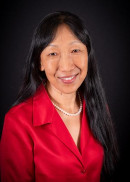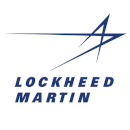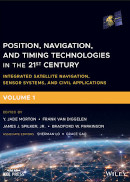About Us
The Satellite Navigation and Sensing (SeNSe) Laboratory, headed by Professor Jade Morton, develops next generation global navigation satellite systems (GNSS) receiver and other radio-based sensor technologies to provide robust navigation and remote sensing capabilities. The SeNSe Lab deploys and maintains a global network of GNSS receivers and Radio Frequency (RF) data recorders which continuously monitor and collect the full range of GNSS signals in the Arctic, North and South America, Asia, Africa, and will be expanding to Europe and the Antarctic in 2020. The GNSS receivers provide continuous, real-time monitoring and long-term statistical analysis of space weather effects as well as other environment propagation effects. The RF data collected allows the lab to develop robust tracking algorithms and investigate atmospheric, urban, ocean, and land surface phenomena. The lab is equipped with basic RF testing equipment including signal generators, spectrum analyzers, oscilloscopes, power supplies, multi-meters, various SDR and RF components for field experiments, RTK GNSS receivers, and a wide range of single point GNSS receivers. The lab also operates a state-of-the-art data center with over 800 terabytes of capacity.
























